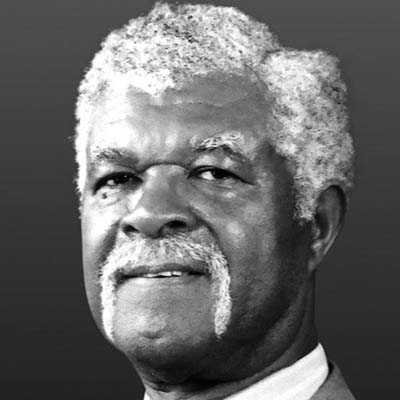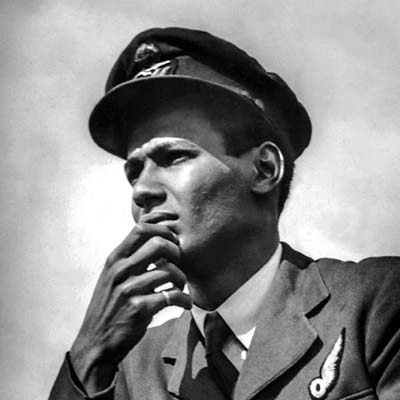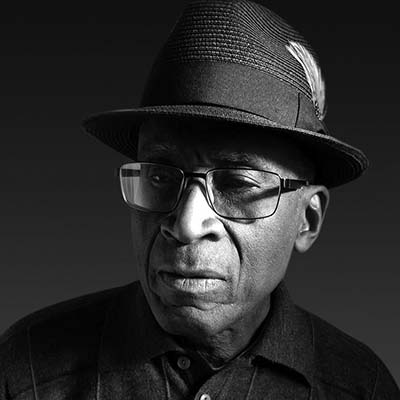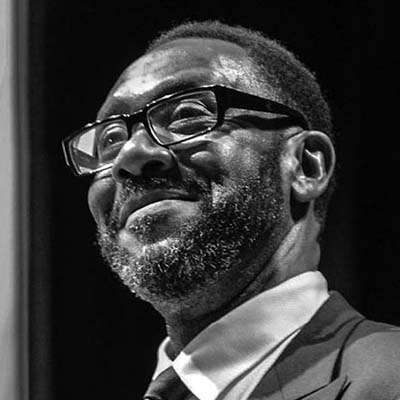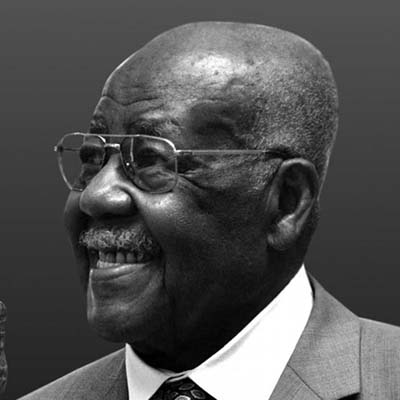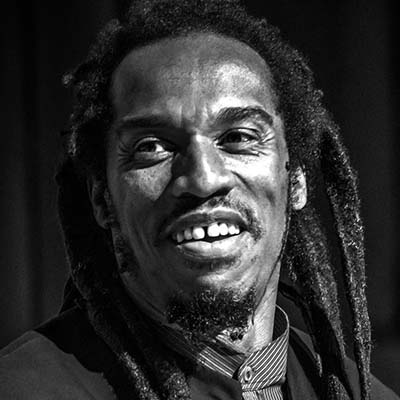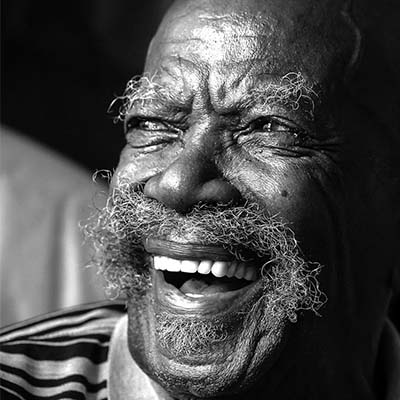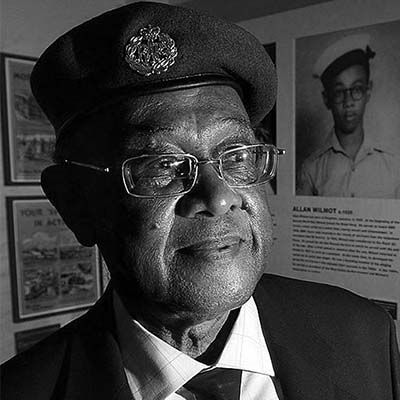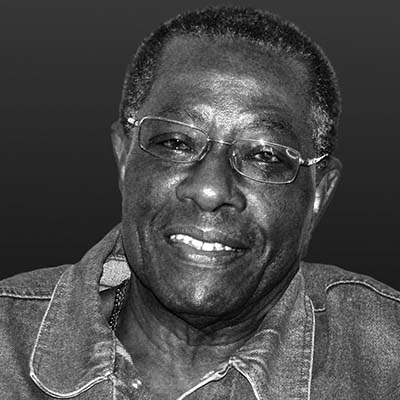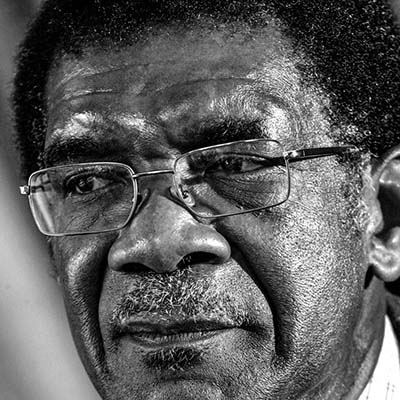DAVID PITT

Raised to the peerage in the 1970s, David Pitt combined his life as a doctor with political activism rooted in both the Caribbean and the UK
Share this:
In 1947 he travelled to England with party members to lobby the British government for a federation of the West Indies. After returning to London he established a surgery in North Gower Street in Camden in 1950, which doubled up as meeting place for African and Caribbean activists campaigning for self-government. Later, at the height of the anti-apartheid movement, it became a gathering place for South African exiles and their supporters.
In the 1959 general election, Lord Pitt was the first person of African descent to run for a parliamentary seat, standing as the Labour Party candidate for the north London constituency of Hampstead.
As the first black Briton to do so, he was racially abused by members of the White Defence League. He lost to the Conservative candidate in what was at the time was a safe Tory seat. He ran for parliament again in 1970, this time for the Labour stronghold of Clapham which he unexpectedly lost. Race was thought to have been the main reason for this defeat.
In 1964 he was among those who met Martin Luther King during his visit to London, where he urged people to bring pressure on the government to introduce anti-discriminatory legislation. Lord Pitt responded by becoming a founding member of the Campaign Against Racial Discrimination in 1965.
He became active in local government, representing Hackney on the London County Council and its successor, the Greater London Council. In 1975 the prime minister, Harold Wilson, appointed him to the House of Lords as Baron Pitt of Hampstead. As a peer he played a leading role in the campaign for the 1976 Race Relations Act, as well as speaking out against stricter immigration policies.
In 1985-86 he became president of the British Medical Association, which he regarded as one of his biggest achievements.
Check out more of our Pioneers and Champions
Privacy Policy | Registered charity number: 1159291 | Copyright © 2024 Windrush 70 | Design: ATOMIC CONCEPTS

